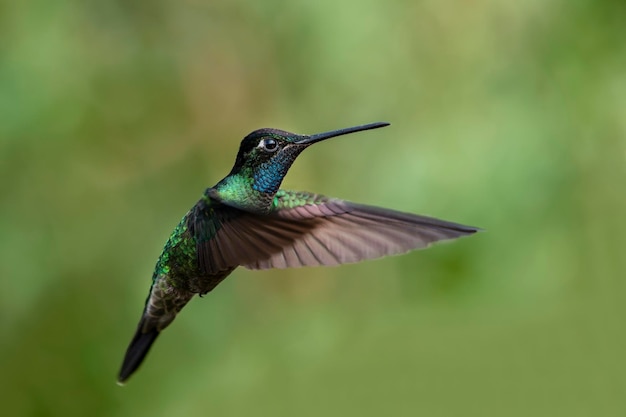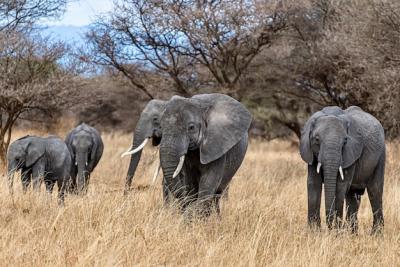The Fierythroated Hummingbird: A Stunning Species of Central America’s Mountain Jewels – Free Download
The Fiery-throated Hummingbird: A Unique Jewel of the Mountains
The fiery-throated hummingbird is a remarkable species belonging to the Lampornithini mountain jewels tribe. This stunning bird is native to the lush landscapes of Costa Rica and Panama, where it flits through the air with grace and agility. With its vibrant plumage and striking appearance, it is a true treasure of the avian world.
Habitat and Range
This dazzling hummingbird thrives in mountainous regions, often found at altitudes between 1,500 to 3,000 meters. The fiery-throated hummingbird prefers cloud forests and areas rich in flowering plants, where it finds abundant food sources. Its range primarily includes:
- Costa Rica
- Panama
Physical Features
What sets the fiery-throated hummingbird apart from others is its vibrant throat that displays an array of fiery colorsâhence its name. This small bird also has:
- Green upperparts that shine beautifully in the sunlight
- A striking contrasting black crown and face
- Long, slender wings that allow for agile flying
Behavior and Feeding
This hummingbird is known for its energetic behavior and remarkable flying abilities. It feeds primarily on nectar from various flowers and plays an essential role in pollination. Its feeding habits include:
- Hovering in front of flowers to access nectar
- Chasing other birds away to defend its feeding territory
Conservation Status
While the fiery-throated hummingbird currently does not face any immediate threats, habitat loss due to deforestation poses potential risks. Conservation efforts are important to protect these beautiful birds and their habitats.
Why Admire the Fiery-throated Hummingbird?
The fiery-throated hummingbird captures the hearts of birdwatchers and nature lovers alike. Its vibrant colors and lively personality make it an exciting sight in the wild. Observing this enchanting bird can bring joy and a sense of connection to nature. Whether youâre exploring the mountains of Costa Rica or Panama, keep an eye out for this stunning species that highlights the beauty of our planet's biodiversity.












